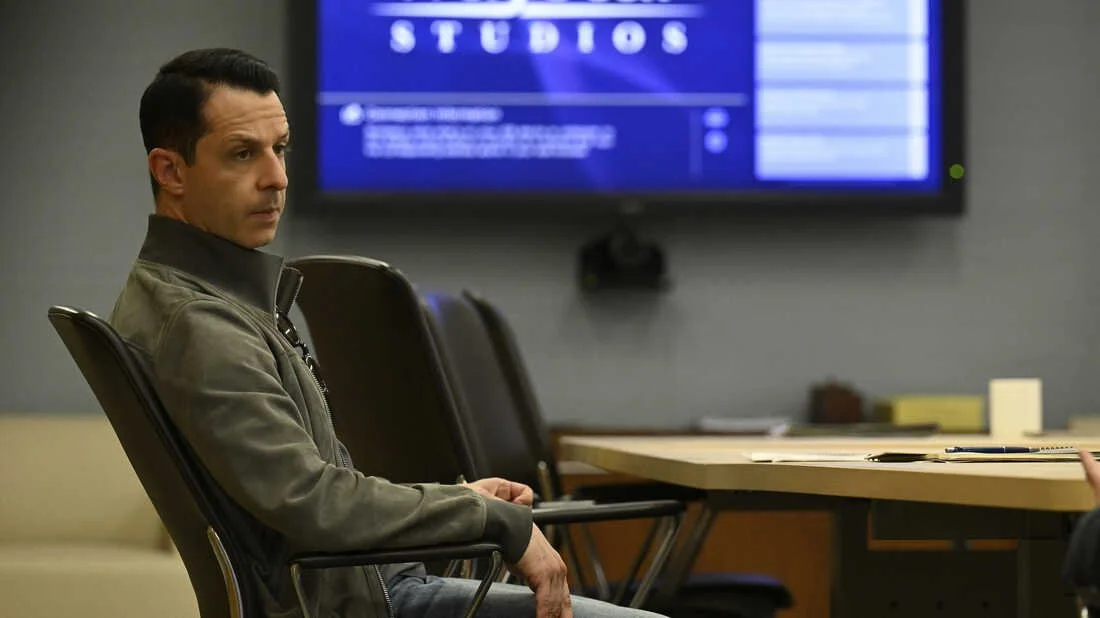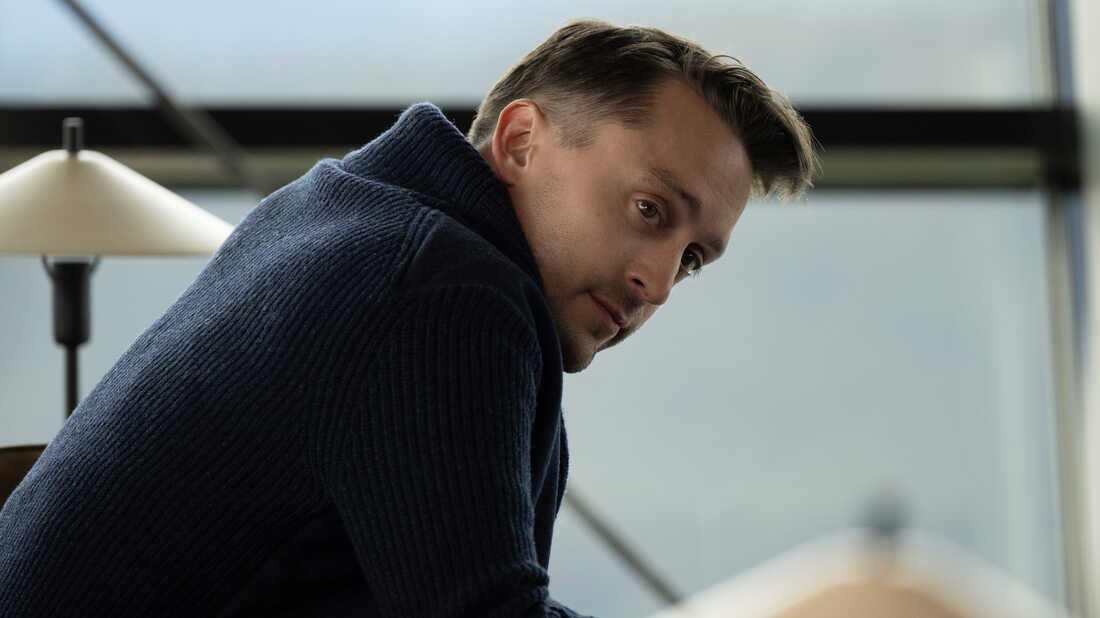How ‘Succession’ Managed To Break Form And Peak In Its Final Season
The amount of popular shows that took their success and ran way, way too far with it before inevitably running out of steam is immeasurable: people will immediately point to event television like Lost or Game of Thrones as the most obvious examples, but the truth is that knowing when to end a show at the perfect moment is a trick that very few writers have managed to accomplish. While shows such as Breaking Bad and The Sopranos famously managed to maintain their momentum right until their final episodes, it’s almost an accepted rule of the industry that television series’ final seasons are very rarely their best - whether that’s because of rushed storytelling, uncommitted performances, or just an overall lack of interest, it all ends up the same way. Put simply, it’s just infinitely easier for showrunners to make those avoidable mistakes when they’re so concerned with writing their long-awaited finales and wrapping up those loose ends in a justified and fulfilling way - which is why Season 4 of HBO’s Succession feels like such a refreshing and miraculous deviation from this trend, never forgetting to prioritize its central characters and the authenticity of their journeys over shock value and sentimentality.
Since the very first episode of the show, the aspect that’s set Succession apart from its competition in the world of serial dramas has been the complete originality and unwavering complexity of its protagonists. Instead of simply painting the Roy family as distant, one-dimensional businesspeople (which they easily could’ve done), Jesse Armstrong and his writers gave Kendall (Jeremy Strong), Roman (Kieran Culkin), and Shiv (Sarah Snook) distinct journeys that consistently demonstrate their flaws, their strengths, and their frustrating inability to distinguish the two. The real magic of Succession’s fourth season is its ability to stick so closely to these existing journeys, ensure that all of the characters’ decisions feel believable and earned, and make us feel blind for not having seen the characters’ fates clearly from the beginning - because nothing could have feasibly happened any other way. This is exactly who these people are, and no matter how much they fight and betray each other, their paths were cemented from the moment they were born.
There’s a promise engraved in the very title of Succession: a commitment to these characters and a lingering question of who’ll be the one to succeed the company in their father’s stead. The show couldn’t possibly end without some kind of succession taking place, and while we were all grappling with the question of who will become Waystar’s new CEO, the show proved that there’s a much more interesting question raised by the situation: what happens next? Season 4 understands that despite all the corporate jargon, the family betrayals, and the excessive lifestyles on display, that’s exactly what this show has always been about - the siblings’ rise to power, and ultimately, how they’ll deal with their acquisition of it. By killing Logan (Brian Cox) in the third episode of the season, Succession made a very clear and necessary transition from the business drama that it’s always presented itself as, into a much more intimate, humane, and raw examination of these characters as their stories come to a close. Just as they’ve become the most senior members of the company, they’ve simultaneously become the primary focus of the show - and they’re much better at the latter than the former.
Succession has also managed to do the near-impossible task of maintaining its lightning-paced momentum throughout all four seasons whilst edging away from the concept of a main character. The first three seasons really focused primarily on Kendall, exploring his conflict with Logan and the countless ways his ambition and thirst for power have damaged the other relationships in his life - but in the show’s final season, there’s a much stronger sense of all these siblings being the center of this story. Where scenes that focused solely on Roman’s emotional vulnerability or Shiv’s failing marriage may have previously felt like a subplot, they now feel like the beating heart of the show. The other siblings’ journeys (even Tom, Greg, and Matsson’s roles in the story) feel equally important as Kendall’s path, and that’s made the emotional weight of this final season even stronger than it’s ever been before.
Succession’s writers took a serious risk by completely shifting the tone and purpose of the show’s final season, and while this has required some sacrifices (sidelining certain characters, reducing the focus on Waystar’s operations), it’s equally done everything that was necessary to make this conclusion hit the right emotional beats. Season 4 has been almost entirely focused on character and relationships, often toning down the intensity of the show and including much less ‘plot’ in a traditional sense - and this will definitely prove to be controversial among certain audiences. However, the choice was ultimately a satisfying and fulfilling one, as it reinforced the idea that these unreachable billionaires, who’ve often presented themselves as distant and unrelatable, are real people who are equally exploited by the game of life as those who fall victim to their arrogant and careless workings of business. There are no winners, only those who are willing to sacrifice the most to keep themselves on top - and by really toying with the emotional morality of Kendall, Roman, and Shiv in these final episodes, Succession has reframed its entire narrative into a modern-day tragedy that blends expertly with everything the show has ever stood for.



